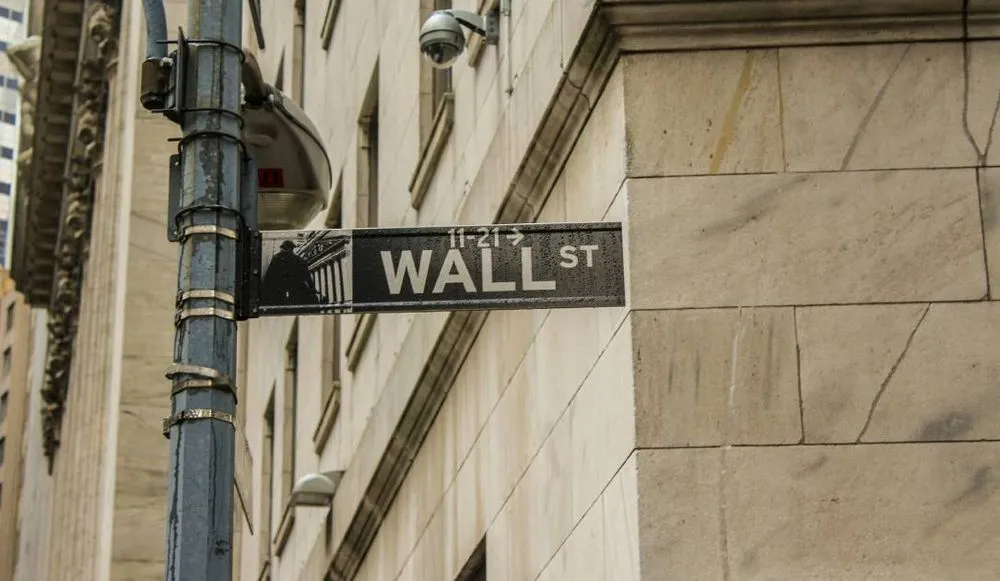Financial tech firm EquiLend says recovery after cyberattack ‘may take several days’
Financial technology firm EquiLend was hit with a cyberattack this week that forced several of its systems offline and may require several days to recover from.
The company, which was founded in 2000 by several of the world’s largest financial firms, directed Recorded Future News to a statement saying it identified a technical issue on January 22 and eventually confirmed that it was dealing with a cyberattack.
“We immediately launched an investigation and have identified a cyber security incident involving unauthorized access to our systems. We took immediate steps to secure our systems and are working methodically to restore the involved services as quickly as possible,” the company said.
“We are working with external cybersecurity firms and other professional advisers to assist with our investigation and restoration of service. Clients have been advised that this may take several days.”
EquiLend was created with the goal of making the securities finance industry more efficient through a centralized platform for trading and post-trade services. Financial giants like Bank of America, Merrill Lynch, BlackRock, Credit Suisse, Goldman Sachs, JP Morgan, Morgan Stanley, UBS and more make up its board of directors.
The company now operates NGT — a regulated securities lending trading platform through which more than $2.4 trillion in transactions are executed each month by participants around the globe.
A spokesperson for a global consortium of financial institutions told CNN that firms would have to move to manual processes while the platform was down.
The company announced last Thursday that private equity firm Welsh, Carson, Anderson & Stowe (WCAS) agreed to acquire a majority stake in the company.
The financial services industry continues to face a barrage of cyberattacks threatening to snarl the global flow of money.
Mortgage loan servicer Mr. Cooper struggled for weeks with a cyberattack that eventually caused the leak of the sensitive information of nearly 14.7 million people.
That incident was followed by an attack on Fidelity National Financial — a Fortune 500 provider of title insurance for property sales. The company was hit with ransomware in November, snarling home purchases across the U.S. for days.
In December, another title insurance company, First American, confirmed it was dealing with a cyberattack.
Several other critical financial services institutions like MeridianLink, Tipalti and Moneris reported incidents throughout the fall.
One of the world’s largest banks, Industrial and Commercial Bank of China (ICBC), also announced a ransomware attack in November. That incident was so concerning that the U.S. Secretary of the Treasury was forced to come out and reassure the public that the attack would not disrupt markets.
At the start of the year, one of the United States’ largest retail mortgage lenders announced a cyberattack on January 8. On Monday, the company — loanDepot — said that sensitive personal information of approximately 16.6 million was accessed by the hackers behind the incident.
“Unfortunately, we live in a world where these types of attacks are increasingly frequent and sophisticated, and our industry has not been spared,” said loanDepot CEO Frank Martell.
Jonathan Greig
is a Breaking News Reporter at Recorded Future News. Jonathan has worked across the globe as a journalist since 2014. Before moving back to New York City, he worked for news outlets in South Africa, Jordan and Cambodia. He previously covered cybersecurity at ZDNet and TechRepublic.



